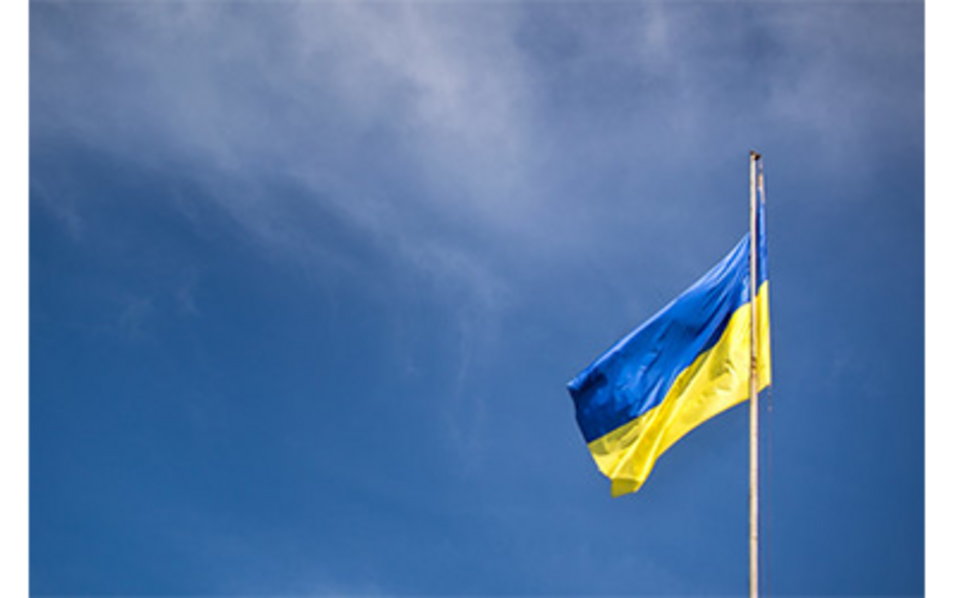We especially think of our former and current Ukrainian students and scientists who have families and friends in the war zone. We also think of the entire Ukrainian population that is suffering from the attack, and of the Russian students, scientists and citizens who are trying to counter the aggression through their protest. We know that this war causes a humanitarian catastrophe of immense proportions and will have destructive long-term effects on Ukraine, Russia, Europe and the world. We deeply regret this and will do what we can to oppose it and offer help.
- Public lecture series: Russia`s war in Ukraine, winter term 2022/2023
- Information on central support services provided by the University of Vienna: https://ukraine.univie.ac.at/
- "Ukraine: What can I do? Where can I help?" - Continuously updated overview of concrete help possibilities from and in Austria of the Pressure Group SOS Mitmensch (in German)
- Information for People from Ukraine of the City of Vienna (in Ukrainian)
- Open Letter from international political scientists against the war in Ukraine
- https://scienceforukraine.eu/

